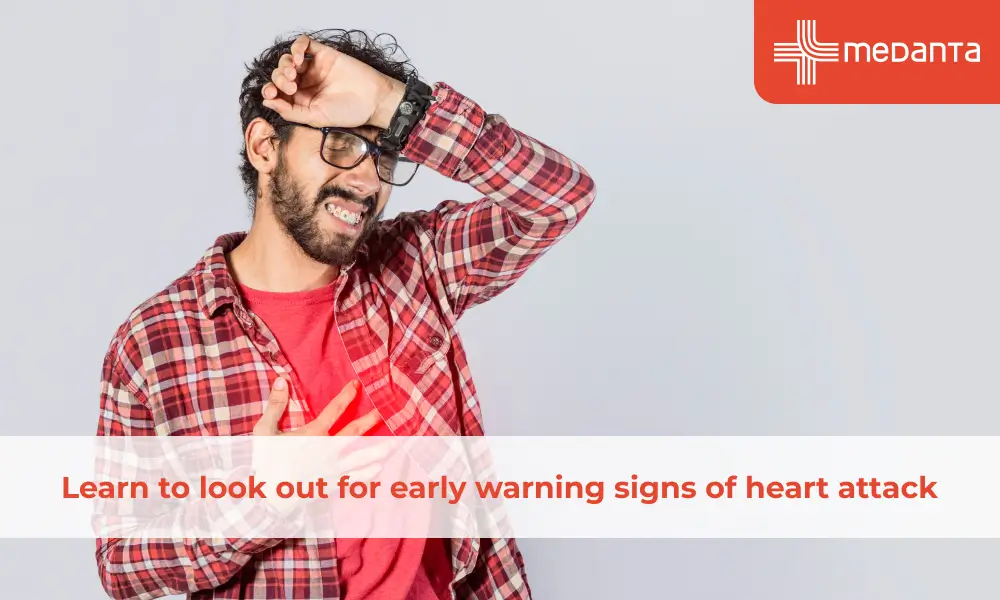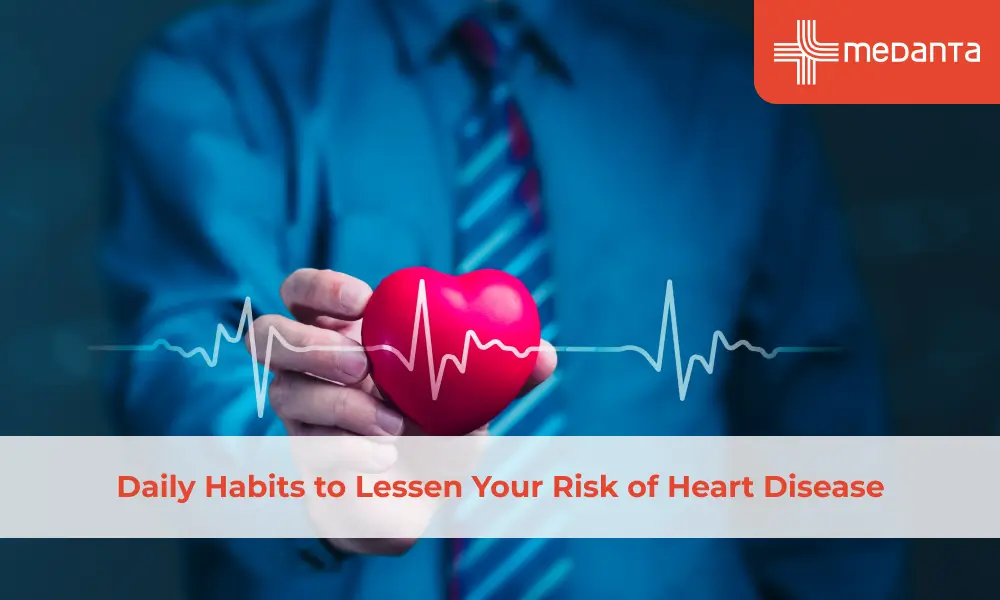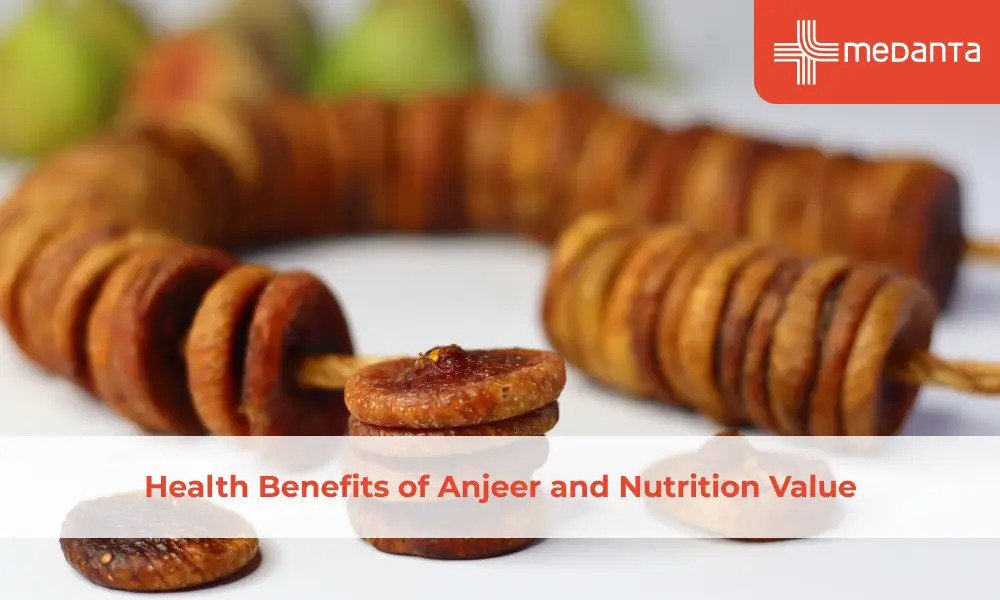Learn to look out for early warning signs of heart attack

TABLE OF CONTENTS
Everybody knows about the dreaded heart attack. We all live in constant fear of it and this fear even decides most of our food habits and daily routine. However, it is important to understand that beyond our best efforts, if things go wrong, we should be well equipped to ensure treatment as early as possible. Understanding early warning signs of an impending heart attack is important.
Body
Chest discomfort
Chest discomfort is the most common sign of an issue with your cardiac circulation. You may feel pain, tightness or pressure in the chest. The exact feeling is described differently by different people - it is described by some as a feeling of weight on the chest and by others as a squeezing/pinching kind of pain.
This can happen when you are resting or you are doing exercise. This lasts longer than a few minutes. Pain may not always accompany a heart attack, especially in women.
If the symptoms are severe and do not go away in a few minutes, it is important to get yourself checked immediately by calling the emergency department.
Nausea, heartburn, stomach pain
These symptoms are more common in women. They do not necessarily mean something is wrong with your heart or a heart attack. But, especially if you are in a higher risk category, you should be paying attention to this symptom, especially in addition to other symptoms.
Spreading pain that goes to the arms
This is a classic heart attack symptom. The pain usually radiates out into the left side of your body, including your arms, shoulders, jaws, etc. It almost always feels like starting from the chest and moving outward. But, in some rare cases, the heart attack patient may just present with arm pain.
The feeling of dizziness or light-headedness
Fainting is a common problem. But, if you experience it suddenly and have chest pain or discomfort, it's a good idea to get it checked immediately. This feeling comes in a heart attack when the heart can't pump properly and the blood pressure drops.
Throat or jaw pain
By itself, jaw pain is usually not indicative of a heart attack. But a pain in the centre of the chest that spreads to your jaw needs serious attention and it's a good idea to get it checked out immediately by visiting the emergency department.
Easily getting exhausted and fatigued
When activities you used to do with ease start tiring you out, it's time to get it checked. Extreme exhaustion and unexplained weakness are common signs, especially for women.
Snoring
Although most of us do snore, a very loud snore that sounds like the person is gasping for breath or choking should not be ignored. This could be a sign of sleep apnea, which may be unnecessarily stressing your heart.
Intense sweating
A sudden, unexplainable cold sweat can point to a heart attack.
A persistent cough
A continuous cough with white or pink mucous could show that your heart is not pumping up to the mark. It is best to get this checked out with a doctor.
Swelling of legs, feet and ankles
When blood accumulates in the veins when the heart fails to pump it out properly, it causes oedema and swelling in the legs, feet and ankles. The kidneys also find it harder to remove extra water and salt from your body and this causes swelling to form.
Irregular heartbeat
If you experience an irregular heartbeat regularly, it is a good idea to get your heart checked for atrial fibrillation.
Conclusion
Most symptoms of heart attack exist for a lot of conditions and we tend to ignore them. It is important to understand the type of symptoms in a heart attack and try to read the situation when, either a major sign like radiating chest pain occurs or multiple symptoms happen together.
Always remember never to drive yourself to an emergency as this can be dangerous if you lose control. Always call an ambulance or get someone to drive you if you are in doubt.





